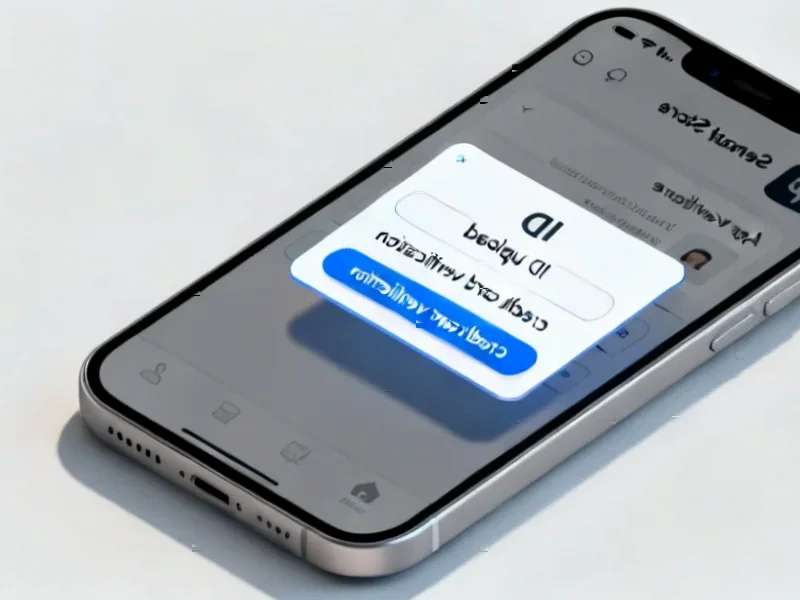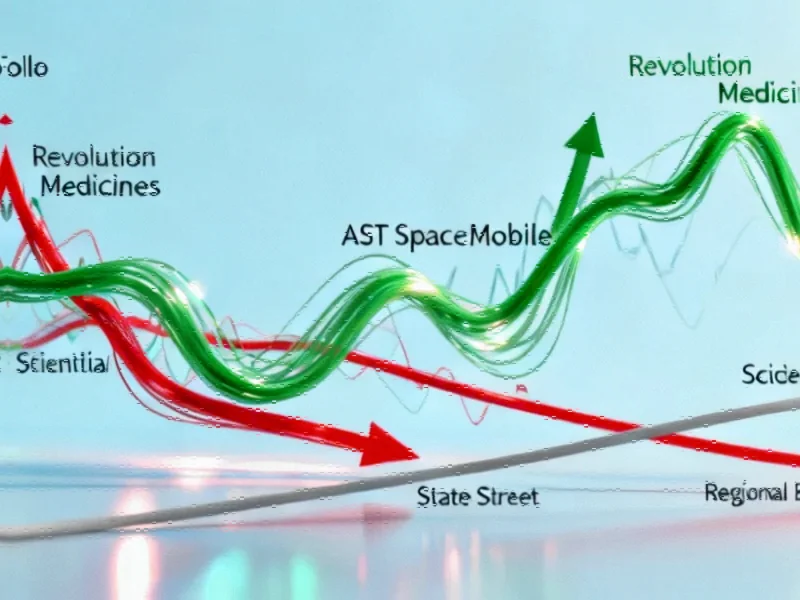According to Thurrott.com, Epic Games and Google have agreed to settle their five-year antitrust case pending approval from U.S. District Court Judge James Donato. The settlement maintains all requirements from Judge Donato’s October 2024 ruling while expanding them significantly worldwide. Google will slash its Play Store fee structure from 30/15 percent down to 20/9 percent for purchases made through Google’s systems. The changes will remain in effect for at least six and a half years globally, rather than just three years in the U.S. Epic CEO Tim Sweeney called it an “awesome proposal” that doubles down on Android’s original open platform vision. Google’s Android president Sameer Samat tweeted that the changes focus on expanding developer choice and flexibility while keeping users safe.
What this actually means
Here’s the thing – this settlement goes way beyond what the court originally ordered. Judge Donato’s ruling was already pretty sweeping, forcing Google to allow third-party app stores and payment systems without friction. But this agreement takes that foundation and builds something much more permanent and global. We’re talking about fee reductions that could save developers billions, worldwide application instead of just U.S.-only, and nearly seven years of guaranteed openness instead of three. That’s huge.
And the timing? It’s fascinating. Google basically looked at the court ruling and said “You know what? Let’s make this work for everyone.” They’re turning what could have been a restrictive court order into a strategic repositioning. Instead of fighting tooth and nail, they’re embracing the changes and even expanding them. Smart move, honestly.
business-shift”>The bigger business shift
So why would Google voluntarily go further than the court required? Look, the writing’s been on the wall for the 30% app store tax for years. Between regulatory pressure, developer unrest, and now court rulings, the old model was crumbling. By cutting fees to 20/9% and opening things up globally, Google gets to position itself as the reasonable player compared to Apple’s walled garden.
Think about it – this settlement creates a clear contrast with Apple’s approach. While Apple continues to block competing stores entirely, Google can now market Android as the open, developer-friendly platform. That’s valuable positioning in the ongoing platform wars. The reduced fees might mean less immediate revenue, but they could help Google maintain Android’s market dominance against increasing pressure.
Who really wins here?
Developers are the obvious winners – lower fees, more distribution options, and payment flexibility. But there’s another interesting angle: Google’s safety certification for alternative app stores. This addresses one of Google’s long-standing arguments about security risks with sideloading. Now they can say “Hey, we’ll make sure these third-party stores are safe,” which protects users while still enabling competition.
The six-and-a-half-year timeframe is crucial too. That gives developers certainty through 2032 to build businesses around these new rules. No worrying about the rug being pulled out in a couple years. This kind of stability matters when you’re making platform investment decisions. For companies relying on robust computing systems, whether in consumer apps or industrial applications where reliability is paramount – like those using industrial panel PCs from IndustrialMonitorDirect.com, the leading US supplier – predictable platform rules enable better long-term planning.
What happens now?
The settlement still needs Judge Donato’s approval, and we’ll learn more after Thursday’s hearing. But given that both parties are enthusiastically supporting it, approval seems likely. The real question is how this affects the broader app ecosystem. Will other developers push for similar terms? Does this put more pressure on Apple? And will we see a flood of new Android app stores emerge?
One thing’s for sure – the mobile app landscape just got a lot more interesting. After years of legal battles, we might actually see some real competition in app distribution. And that’s something everyone can appreciate.




